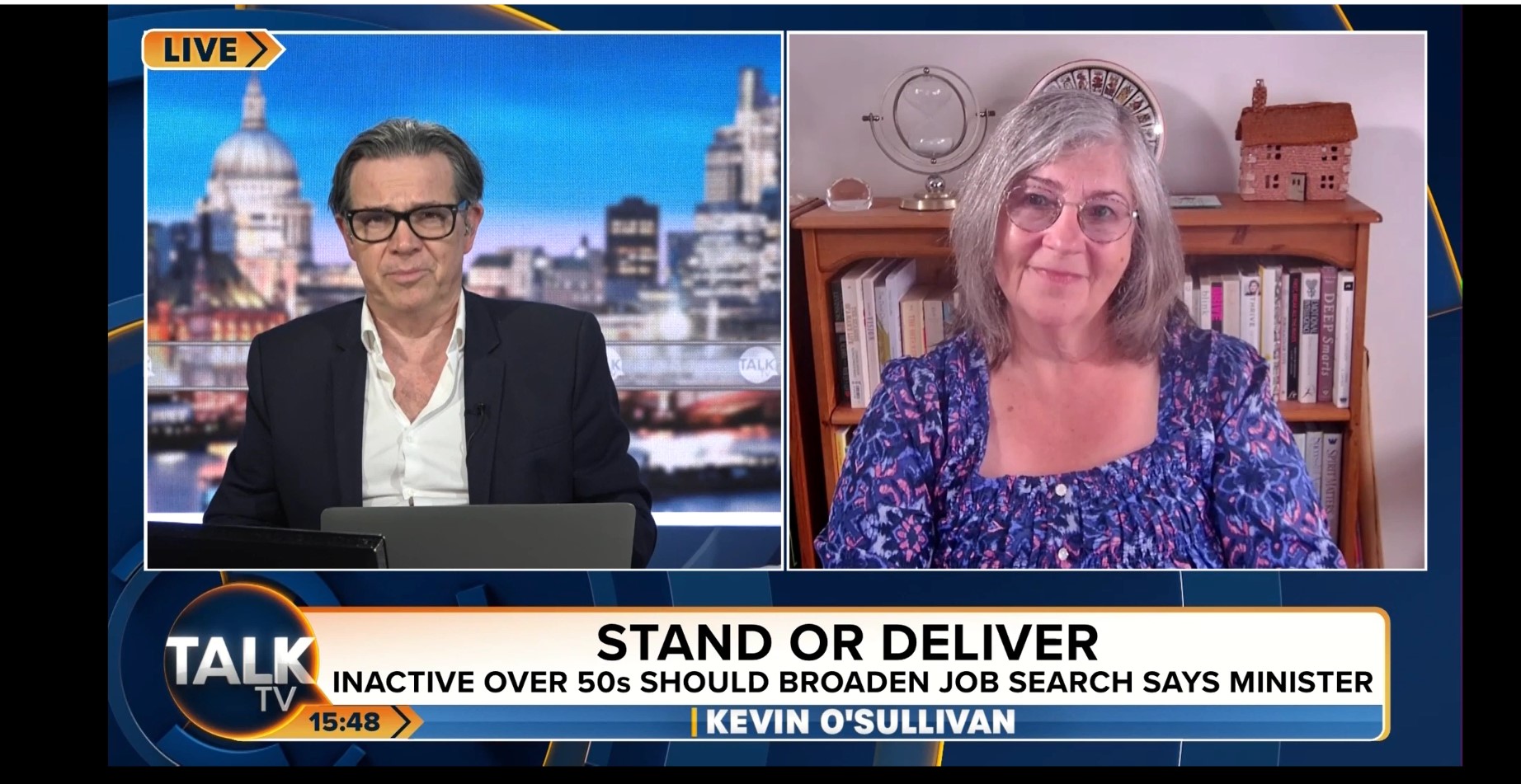Everyone benefits from effective networking. Here are a few tips and reminders to help you make the most of your networking opportunities.
- Be visible. Make the first move, in a friendly, helpful way. Be a welcome stranger…adopt an attitude of enjoyment. (If you don’t like being there, people will sense it and will not connect with you!)
- Create a dialogue. Don’t tell or lecture, instead ask questions, find out more about the other person. Remember, you need at least 6 encounters before they remember you. Find ways to stay connected over time so you can create six different ways of staying in touch with the person (phone call, email, postcard, lunch date, squash game, noontime jog, etc). Ask permission to stay in touch in a concrete way (can I give you a call on Tuesday at 10 a.m. to talk about xxx?).
- Buy a name badge. This makes it easier for people to approach you, and helps those you may have met last time to remember your name, which means they are more likely to say hello and be in contact. In addition, it goes without saying, dress professionally and carry business cards!
- Manage the cards. Keep your business cards in one pocket and the cards you collect in another pocket. Develop a system for keeping track of the people you want to follow up with (you can carry a pen to make a quick note on the card, or just tear the corner). Follow up with people within 5 days of the event. Many people attend many events and will forget you otherwise. After the event, get rid of all the cards you don’t plan to follow up on (unless they may be useful in the future for a specific professional service. You may not need a small business accountant right now, but you may want to know about one in the future).
- Get to know the leaders of the organization. Offer your thanks for events, comments on what you enjoyed, and practical help that makes you more visible (such as helping to register participants, welcoming people and helping them find the tea/coffee, etc.)
- Find out who the other person is. If you are genuinely curious about others, it is easier to start conversations and people usually love talking about themselves. Make the goal in your conversations to connect rather than impress. The more interests and experience you have in common, the easier it is to connect and remember each other. Find ways to stay connected over time such as phone calls, emails, postcards, articles etc. Really, listen and enjoy meeting each person you talk to, and look for ways you can help them out. Offer to email an article or resource you have that may be helpful for them.
- Plant seeds. Give something that they can remember you by. Add value by sharing what you know. (Keep your knowledge up to date!) Leave them feeling better about themselves (“what I appreciate about you is that you help me see new alternatives.”)
- Be a resource Find out what the other person values or needs the most. Put people in your network in touch with each other. The value you offer to the other person is the network you bring to the relationship. (This creates a much stronger positive impression than trying to “sell” yourself.) What’s also very important is to find out the other person’s communication or thinking style and adapt your own message to it. (If the person likes facts and figures, don’t do too much visioning, give facts and figures.)
- Use your network to extend your skills. Take a leadership position in the organizations that you belong to. Don’t just do what you normally do at work – you will lose interest and so will others (i.e. if you are a web designer, don’t be the webmaster for a group, be an event coordinator instead!). Use your network to learn new skills in a safe environment. Don’t be afraid to ask for help, assistance, guidance or coaching. (In a network, people want to give back to you, because you give so much!)
- Have fun! Not everyone is a natural networker, but we can all learn how to make more meaningful connections. Set a goal before each event that will keep you focused and interested – like meeting 3 new people and learning one interesting thing about each of their professions or jobs.
Remember, every person you meet is an ideal opportunity to practice your listening and other communication skills. Recent research shows that up to 90% of your success in life is due to your people skills. When you ask interesting questions and show genuine interest in learning more about the person you are speaking with, you are building that muscle. As well as telling people about you, don’t forget to ask them about themselves. E.g, “However what I’m really interested in, is ‘what do you do?”
Remember that it is net WORKing. It’s not net SITTING, or net DRINKING, or Net EATING. You may or may not have a formal networking group in your area. You can join organizations, such as Chambers of Commerce, professional groups, civic groups, etc. and any type of organization to which your target market might belong. Attend community events like business open houses or neighborhood picnics.
Follow up with a hand written note. When you get back home, or at least within the next couple of days, send the people you want to stay in contact with, a handwritten note that says something like this:
“Hello Chris, It was great meeting you the other day at the XXX event. Thanks for giving me an insight into your business and aspirations, I’ll call you in a couple of days to touch base,
Don’t forget to make that call, and make sure that you have something specific to say, based on what you know about them. Perhaps you can tell them about a book or a blog post?
Get A Job Faster – A free 5 day programme
Sign up below and it will be in your inbox as soon as you say yes to the confirmation email.
If you need a job, you will find my book – How To Get A Job In A Recession incredibly valuable and it comes with masses of downloadable free resources. I’ve a mini site with more details on the book here.




